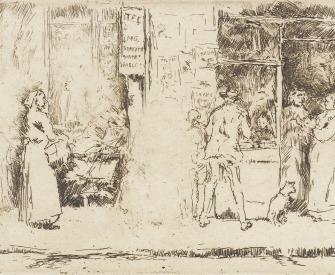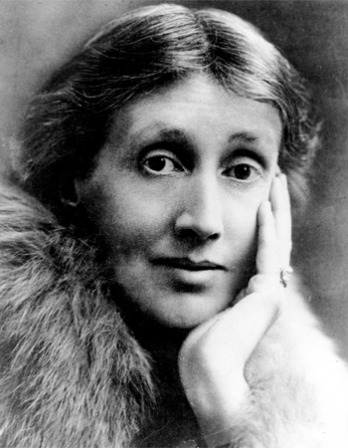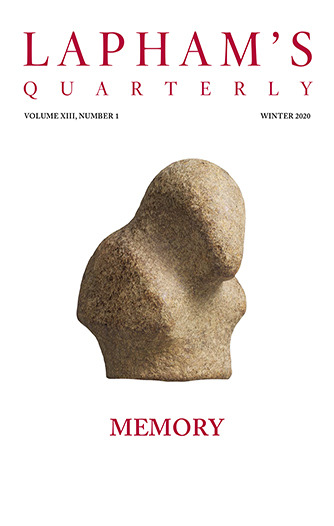Christianity—and this is its fairest merit—subdued to a certain extent the brutal warrior ardor of the Germans, but it could not entirely quench it; and when the cross, that restraining talisman, falls to pieces, then will break forth again the ferocity of the old combatants the frantic Berserker rage whereof Northern poets have said and sung so much.
The talisman has become rotten, and the day will come when it will pitifully crumble to dust. The old stone gods will then arise from the forgotten ruins and wipe from their eyes the dust of centuries, and Thor with his giant hammer will arise again, and he will shatter the Gothic cathedrals…When you hear the trampling of feet and the clashing of arms, your neighbors’ children, you French, be on your guard, and see that you mingle not in the fray going on among us at home in Germany. It might fare ill with you. See that you take no hand in kindling the fire; see that you attempt not to extinguish it. You might easily burn your fingers in the flame. Smile not at my counsel, at the counsel of a dreamer, who warns you against Kantians, Fichteans, philosophers of nature. Smile not at the fantasy of one who foresees in the region of reality the same outburst of revolution that has taken place in the region of intellect. The thought precedes the deed as the lightning the thunder. German thunder is of true German character: it is not very nimble, but rumbles along somewhat slowly. But come it will, and when you hear a crashing such as never before has been heard in the world’s history, then know that at last the German thunderbolt has fallen. At this commotion the eagles will drop dead from the skies and the lions in the farthest wastes of Africa will bite their tails and creep into their royal lairs. There will be played in Germany a drama compared to which the French Revolution will seem but an innocent idyll.
From On the History of Religion and Philosophy in Germany. This work was the second of two studies of German culture’s past, present, and future written primarily for the reading public in France, where Heine had moved in 1831 after the July Revolution and remained for the rest of his life. Born in Düsseldorf in 1797, he became widely appreciated for his collection of Romantic poems, The Book of Songs, published in 1827.
Back to Issue





